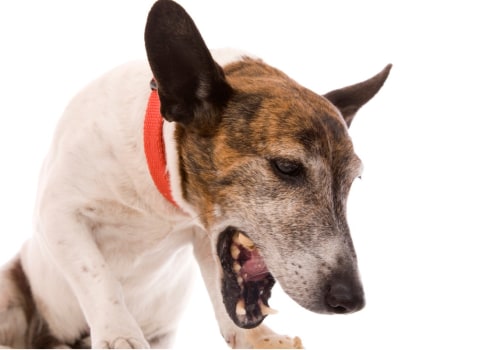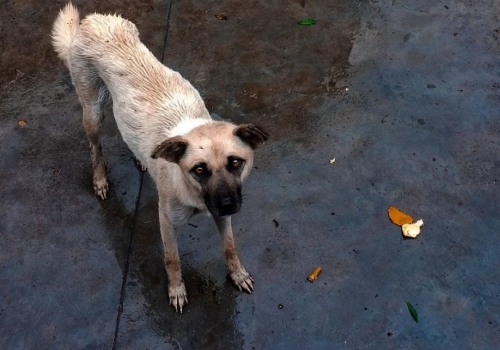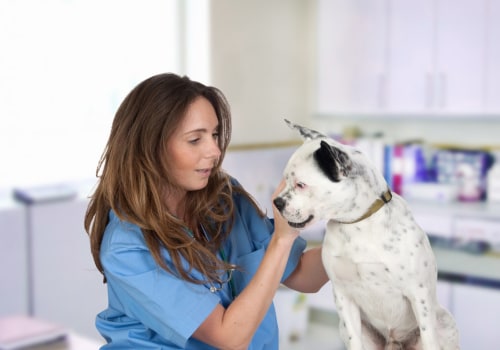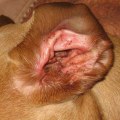Are you concerned that your pet isn't getting enough water? A desquamation test is the simplest way to tell if your furry friend is properly hydrated. This straightforward test involves taking a bit of your pet's skin between the shoulder blades and observing how long it takes for it to return to its normal position. Dogs should never go more than one day without water, so it's essential to make sure they're drinking enough. MetLife Pet Insurance Solutions LLC is the policy administrator authorized by the IAIC and MetGen to offer and administer pet insurance policies.
They also provide pet health tips, fun DIY projects for pets, FAQs and useful information about pet insurance. If you're worried that your pet isn't drinking enough water, here's what you need to know about desquamation tests:
What is a Desquamation Test?
A desquamation test is an effortless way to check if your pet is getting enough water. It involves gently pinching a bit of your pet's skin between the shoulder blades and seeing how long it takes for it to return to its normal position. If the skin takes longer than usual to return to its normal position, it could be a sign that your pet isn't drinking enough water.How Often Should You Do a Desquamation Test?
It's important to keep an eye on your pet's hydration levels, particularly during hot weather or when they're sick. You should do a desquamation test at least once a day, or more often if you're concerned about their hydration levels.What Should You Do if Your Pet Isn't Drinking Enough Water?
If you notice that your pet's skin takes longer than usual to return to its normal position during a desquamation test, it could be an indication that they're not drinking enough water.In this case, you should take them to the vet as soon as possible for further evaluation. Your vet may recommend additional tests or treatments depending on the cause of the dehydration.











Leave a Comment